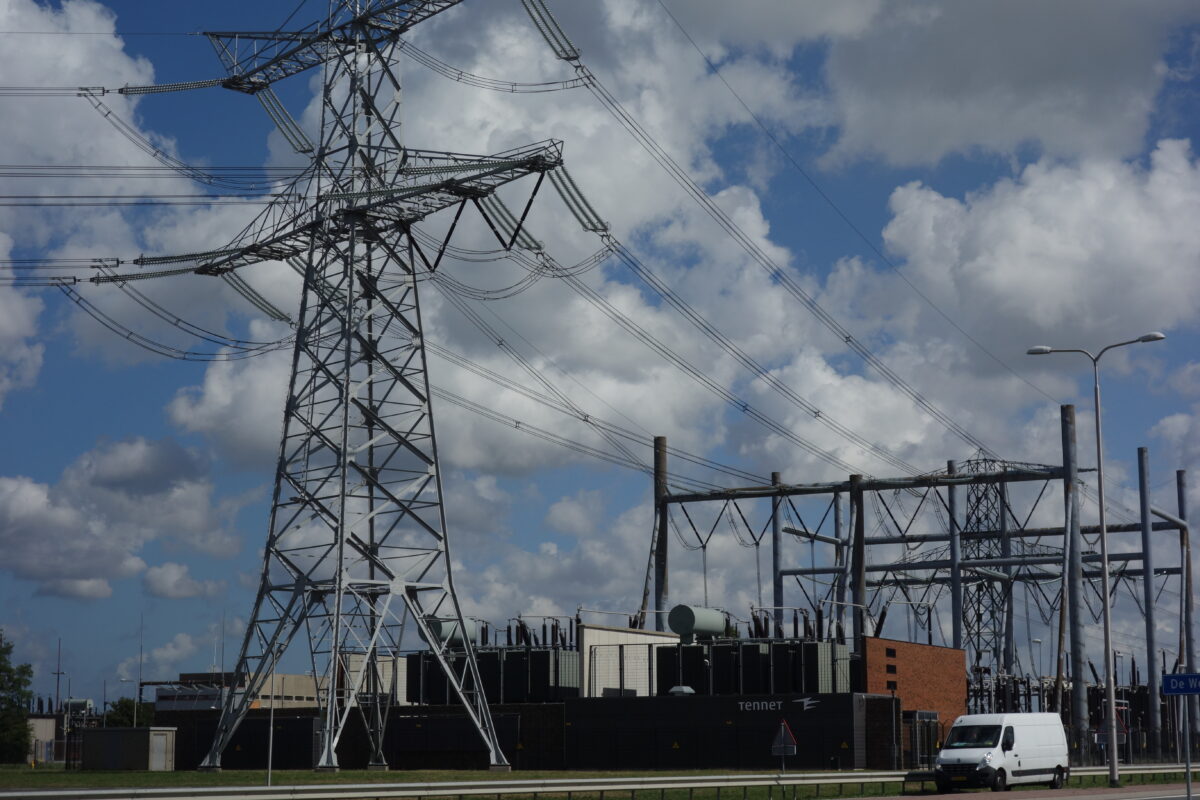Dutch grid operators TenneT, Enexis, Liander, and Stedin released reports this week on available grid capacity, following new requirements from the Netherlands Authority for Consumers and Markets (ACM).
“The results of the congestion studies at the regional grid operators provide virtually no additional grid capacity,” the companies said in a statement. “In Groningen, Drenthe, Overijssel, Noord-Brabant and Limburg, no additional capacity has been found.”
However, the operators identified 880 MW of additional capacity in Noordoostpolder, Friesland, Flevopolder, Gelderland, Utrecht, and Limburg, if customers in those regions agree to use “capacity limitation contracts” (CLCs).
CLCs allow more efficient grid use by asking solar projects to reduce electricity injection at peak times, with compensation provided. Congestion service providers (CSPs) act as intermediaries to optimize grid space.
Current rules let grid operators negotiate peak reduction agreements. Enexis awarded the first contract of this kind to a PV plant operator in November 2023.
The Netherlands urgently needs to address grid constraints, as high volumes of solar capacity will be deployed in the years ahead.
This content is protected by copyright and may not be reused. If you want to cooperate with us and would like to reuse some of our content, please contact: editors@pv-magazine.com.




By submitting this form you agree to pv magazine using your data for the purposes of publishing your comment.
Your personal data will only be disclosed or otherwise transmitted to third parties for the purposes of spam filtering or if this is necessary for technical maintenance of the website. Any other transfer to third parties will not take place unless this is justified on the basis of applicable data protection regulations or if pv magazine is legally obliged to do so.
You may revoke this consent at any time with effect for the future, in which case your personal data will be deleted immediately. Otherwise, your data will be deleted if pv magazine has processed your request or the purpose of data storage is fulfilled.
Further information on data privacy can be found in our Data Protection Policy.